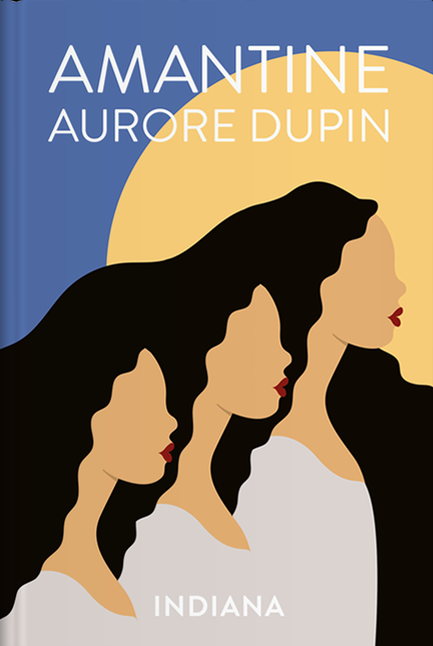
This was another of the novels included in the Reclaim Her Name collection. Originally, Indiana was published under the name George Sand (the penname by which Amantine Auror Dupin is better known), but this project sought to republish works by female authors who originally had to use male pseudonyms due to the negative attitudes to women when they were originally writing – and that’s exactly what they did.
Set in France around the time of the revolution, the story follows a woman named Indiana. She’s married to an older man named Delmare and is perpetually unhappy because of her marriage. It was essentially something she was forced into and her life is miserable. However, she tries to find happiness through an affair that she has with a man named Raymon de Ramiere – but he’s a pretty scummy character and she soon finds out that he treats women absolutely awfully, creating even more misery for her.
The novel does a great job of highlighting how difficult the lives of women could be during this period of history (well, upper-class women, at least). Aside from Indiana, the other major female character is her maid, Noun and the two of them both have pretty horrible lives. I felt perpetually sorry for both of them. To make matters worse, the reason for all of their misery comes down to men. Even the one seemingly nice man, Ralph, ultimately turns out to be just as bad. But, hey, “nice guys” usually pretty are quite unpleasant once you scratch under the surface.
It’s a very bleak novel overall, to the extent that it can occasionally veer into melodrama. It is all horrible things happening to people without any real respite, which I imagine could be quite off-putting for some readers, but I found myself reading on, curious to see where it went. I was rooting for Indiana all along as well, hoping that she’d get at least some kind of happy ending.
Speaking of the ending – I have mixed feelings. I won’t spoil it for anybody who’s planning to read the book, but I thought that the ultimate ending was really horrible… but it’s kind of portrayed as if it’s a happy ending. I couldn’t tell if the author was genuinely trying to display this horrible outcome as a good thing or if she was trying to highlight the awful values of the time which would have lead some to consider this awful outcome to be a good thing. At first, I thought it was the former, but imagining it to be the latter does help me to appreciate the book more.
Overall, I definitely enjoyed it and I do respect it for highlighting the historic struggles of women, but its doom and gloom vibes can get to be a bit overwhelming at times. I think I’ll definitely be trying more of her work in future though.
Rating: 8.2/10
